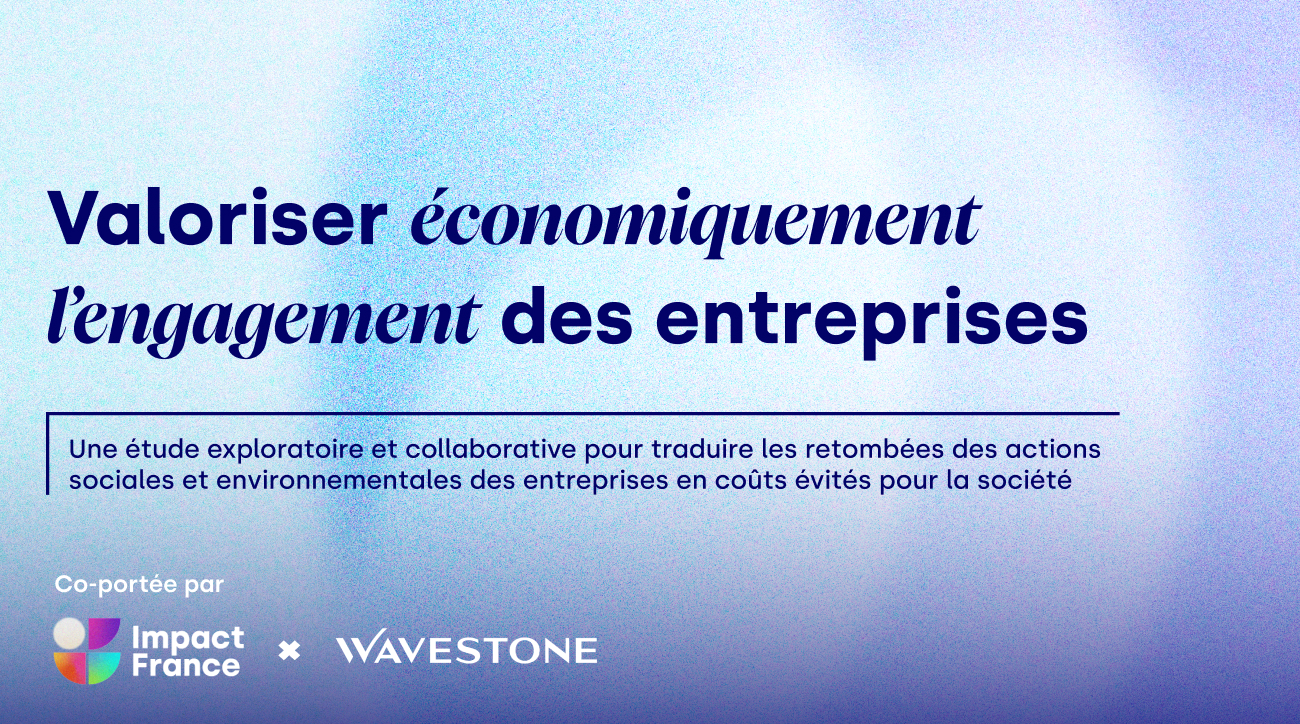Time for a historic choice: towards a resilient, fair and sovereign French energy model


France is at a crossroads. With an electricity mix that is already largely decarbonized (72% nuclear and 27% renewable energies), our country has a unique potential to make a success of its energy transition. However, this virtuous base still only covers around 40% of final energy consumption, with the remainder dependent on imported fossil fuels. This paradoxical situation undermines our sovereignty, our economy and our social cohesion.
In response to this urgent need, Impact France's Cercle Énergie, which brings together nearly a hundred energy players across the value chain and throughout France, has published a white paper to mark its official launch, presenting its key proposals: "The historic opportunity for a resilient, fair and sovereign French energy model". A call to action that outlines the contours of a systemic energy transformation, based on three pillars: stability of energy policies, transformation of demand, and fair and transparent ownership of the transition.
This white paper marks a turning point: the transition to coordinated, systemic and inclusive action. The Cercle Énergie d'Impact France proposes not just technical guidelines, but a project for society: that of an energy model capable of combining environmental performance, social justice and industrial sovereignty.
At a time when climate inaction will cost far more than action (up to 20% of global GDP according to the Stern Review), it's time to make some structuring choices. The transition will be neither easy nor linear. But it is possible, if it is underpinned by stability, coherence and solidarity.

